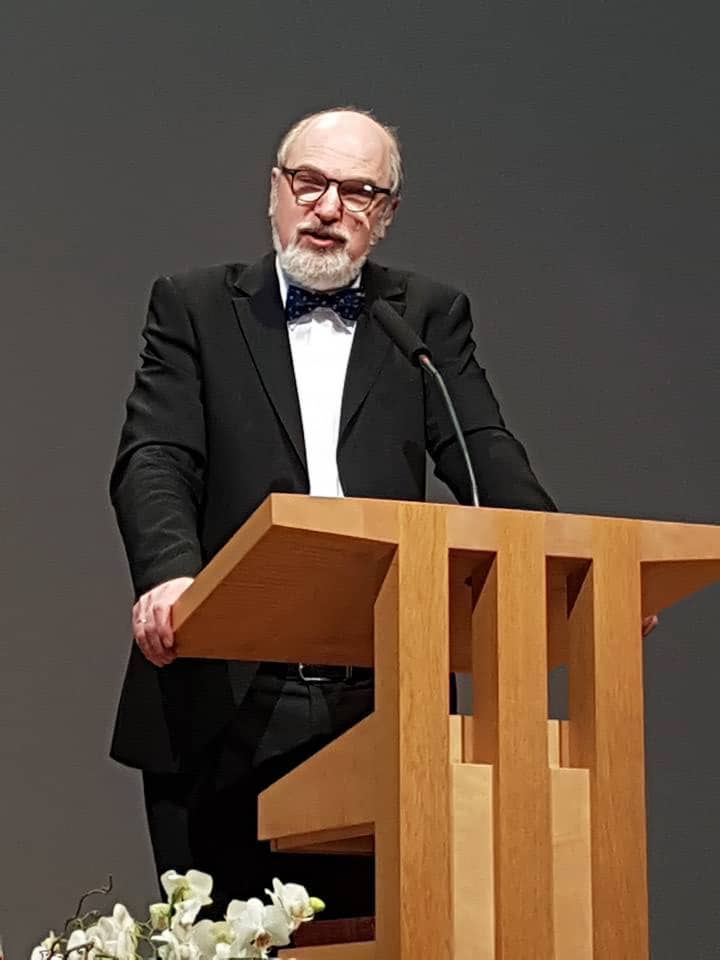EFI calls upon India to observe international obligations on human rights; regrets India’s negative stance at UNHRC Universal Periodic review on Communal Violence Prevention legislation, Dalit Christians, and recalling so called “Freedom of Religion Acts” by States.
The Evangelical Fellowship of India (EFI) welcomes the Indian Government’s assurances of its commitment to Human Rights and specially the Rights of Religious and other minorities, reiterated its Universal Periodic Review under the auspices of the United Nations Human Rights Council at its sessions from March to September 2012 at Geneva. The EFI however deeply regrets that the Government has deliberately ignored urgent international and entreaties for an early enactment of laws against communal and targetted violence, an abrogation of the so called Freedom of Religion legislation several states, and accepting the long-pending demand of Dalit Christians for their Constitutional rights.
The Indian and global human rights activists’ community has noted that the Government of India’s response to the 169 recommendations of the UNHRC reflected a pattern of only accepting recommendations that were generalized and broadly worded, lacking a targeted course of action directed to tackle discrimination and specific human rights challenges. Recommendations pertaining to specific as well as serious human rights issues were rejected, despite the Council’s expressed concern.
It is widely regretted that India has not accepted recommendations asking to create a comprehensive framework to deal effectively with the particular circumstances of communal or targeted violence. The government says communal violence is only a sporadic problem. We religious minorities contest this argument as we continue to be violently attacked in a number of states. As we have seen in Kandhamal and Karnataka specially, victims are also not able to access justice. And this situation, we fear, will continue to be repeated in future unless some immediate steps are taken by the government to prevent and pre-empt acts of communal violence.
The Evangelical Fellowship of India therefore most respectfully urges the government to bring forth the Bill on prevention of Communal and Targetted Violence, including issues of compensation rehabilitation, and reparation, at the earliest. We note that such a Bill was drafted by the National Advisory Council in 2011 and given to the government. This Bill should be taken out of cold storage, refined in consonance with principles of federalism, and enacted as law to effectively bring an end to communal strife which has ravaged this country in the last six decades.
The EFI also urges the Government to take necessary legislative and legal steps to recall the so called Freedom of Religion Acts promulgated in several states. These Acts are being used to harass and intimidate religious minorities, and in particular the Christian Community and their pastors, house churches and community gatherings.
Above all, the EFI calls upon the government to grant Scheduled Caste status to Dalit Christians as recommended by the Justice Rangnath Misra Commission, the National Commission of Minorities and the National Commission for Scheduled Castes. Not giving Dalit Christians this status amounts to discrimination on grounds of religion and denial of Freedom of religion to India’s Dalits.
Ending such discrimination and taking steps to pre-empt communal violence will go a long way in burnishing India’s image internationally as a secular democracy which is a haven for religious minorities, dreamt of by Nobel laureate Rabindra Nath Tagore, Mahatma Gandhi, Jawaharlal Nehru and Baba Saheb Ambedkar.
Issued By:
Rev. Dr. Richard Howell
General Secretary
Evangelical Fellowship of India
New Delhi, India
The Evangelical Fellowship of India (established 1951) is a charter member of the World Evangelical Alliance, an accredited NGO with the Economic and Social Council of the United Nations
Related Article:
> WEA Comments on UPR Report on India at the UN Human Rights Council in Geneva





Stay Connected